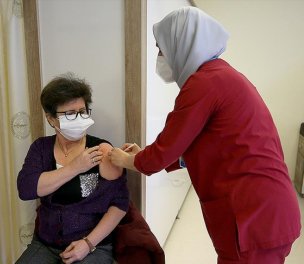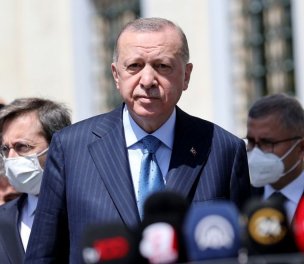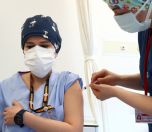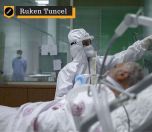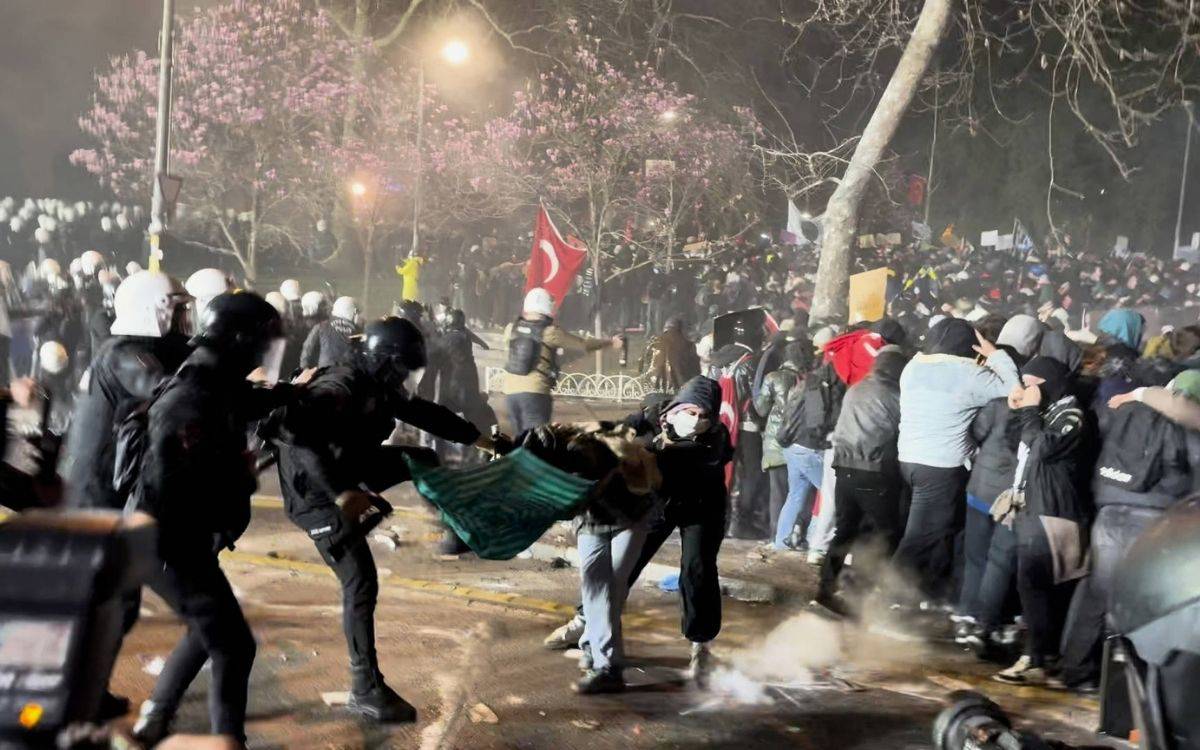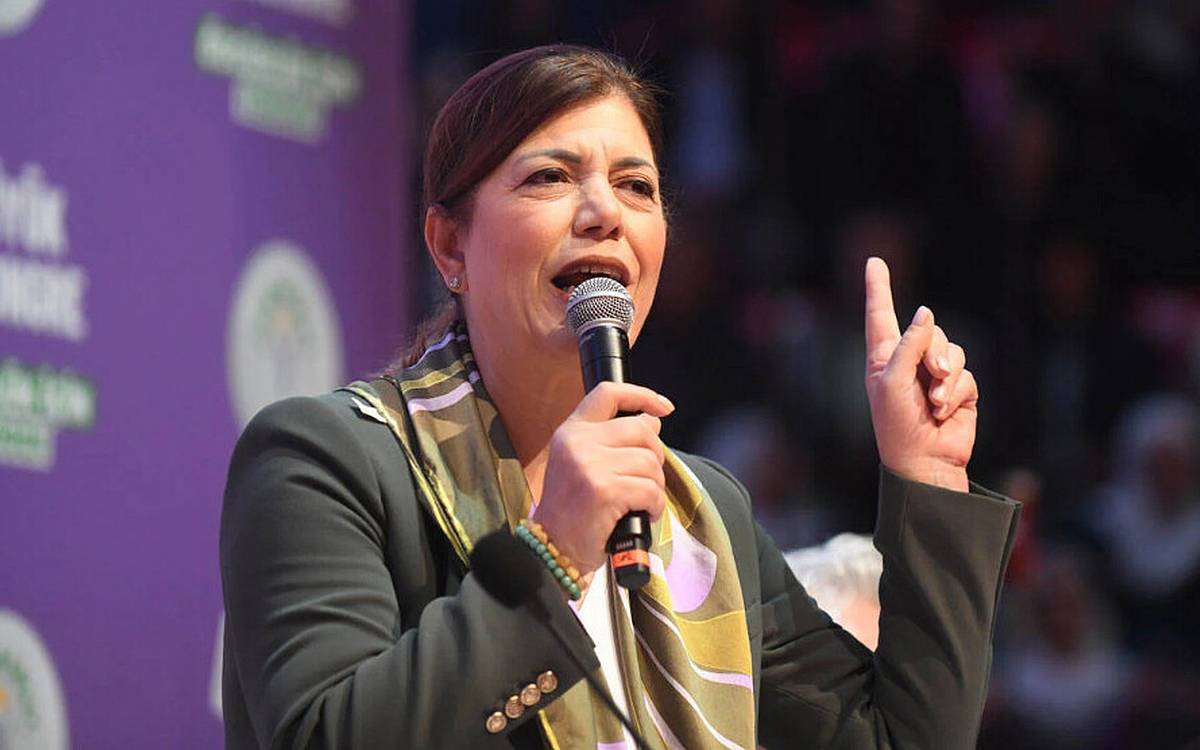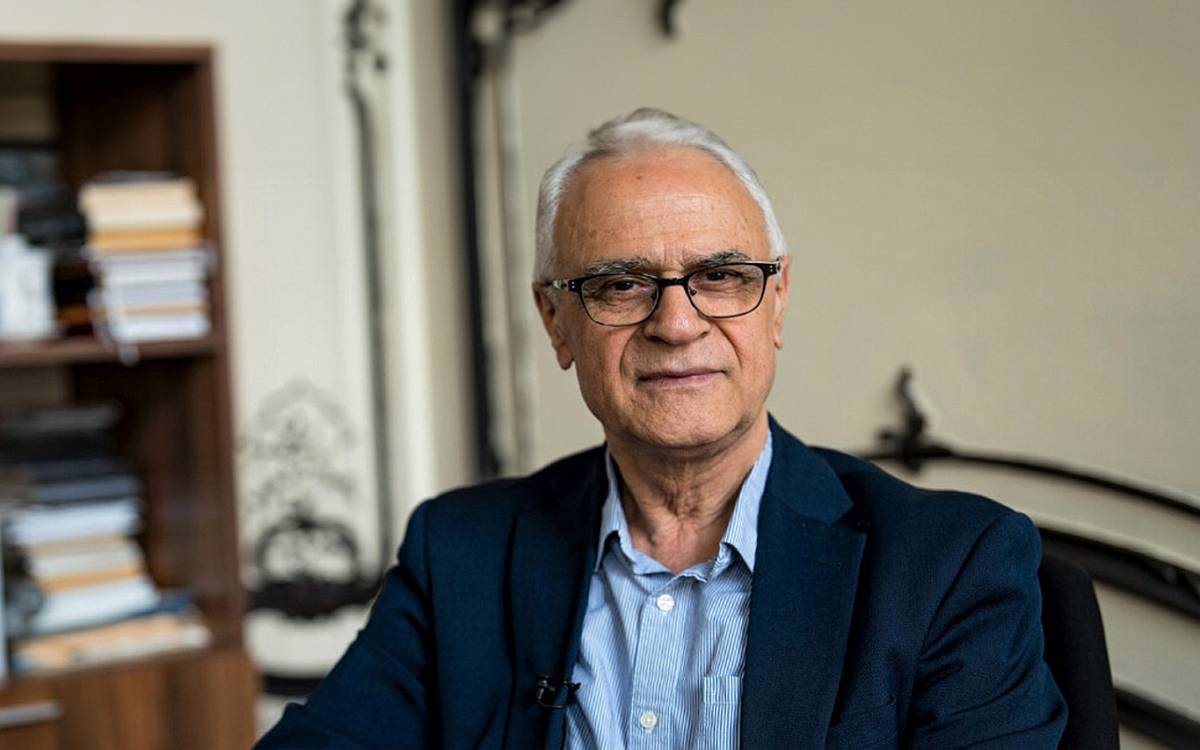* Photo: Anadolu Agency (AA)
Click to read the article in Turkish
Turkey's Minister of Health Fahrettin Koca made a statement on April 19 and announced that new groups had been included in the novel coronavirus (COVID-19) vaccination program. However, the vaccination appointment system is reportedly closed for these groups and they have difficulty in getting an appointment even though their turn has come.
In another statement about the vaccination schedule on Tuesday (April 27), Health Minister Koca said that Turkey had 8 million vaccine doses left, indicating that SinoVac company does not follow the promised schedule due to the requests of the government of China.
While the vaccination efforts were already proceeding slowly, this problem in the procurement of vaccines has slowed down the vaccination even further. While the number of people vaccinated a day must be over 1 million, it has dropped as low as 30 to 40 thousands.
Against this backdrop, we have spoken with Dr. Kutbettin Demir, the Chair of the İstanbul Family Medicine Association (İSTAHED).
Dr. Demir has noted that due to the problems encountered in procuring China's CoronaVac vaccine, there are now a small number of vaccines.
'Appointments given only for second doses'
Noting that "the Ministry of Health offers appointments only for the patients waiting for the second dose of the vaccine," Dr. Demir has said:
"Because we have a small number of vaccines left. SinoVac's vaccine is administered in Family Health Centers. There are very few BioNTech vaccines and they are administered only in certain hospitals.
"As the number of vaccines is small, we have been unable to give new vaccination in the last few weeks. The appointment system has been opened for the ones aged 55 and over, but they are not given appointments and the new group cannot get vaccinated in Family Health Centers."
'South Africa variant poses a risk'
Dr. Demir has raised concerns that in the event of a failure to offer widespread vaccination, the coronavirus variants will spread quickly:
"If there is no vaccination, Brazil and South Africa variants will increase as well. The contagiousness of the United Kingdom (UK) variant is very high now, we see this more frequently. But especially the South Africa variant poses a great risk. The contagiousness of this variant is high and when the contagiousness is high, the mortality rate increases as well.
"We must not take the risk of what might happen in the future. We need to step up the vaccination efforts for this reason. In the event of a failure to offer widespread vaccination, we might face a very dangerous mutation unique to Turkey, as it has been the case in India.
"When there are so many cases and patients, the risk is always there. Because the more hosts the virus finds, the more likely it gets for the virus to change and develop itself, to make itself more dangerous."
'We administer 40-50 thousand doses a day'
Dr. Kutbettin Demir has also underlined that the main condition for a successful full lockdown is vaccination. Indicaring that "family health centers normally have the potential to administer 500 thousand doses of the vaccine a day," Dr. Demir has stressed that "this number can hit 1 million, when hospitals are included in this calculation as well."
"But we administer 40-50 thousand doses a day, it does not reach 100 thousand doses," Dr. Demir has said further, adding:
"This number is really low. In order for the lockdown to be successful, a serious amount of vaccination must be done in 20 days. But if no new vaccines arrive in Turkey, it seems likely that we will lose this chance."
'Vaccination might take years'
Dr. Kutbettin Demir has said that the vaccination efforts can take a few years, considering the current pace of vaccination:
"As our Family Health Centers do not work at the weekend, vaccination drops considerably especially then. People are not adequately informed about vaccination at hospitals, which affects the pace of vaccination. The way things stand, we can say that vaccination will take years.
"Moreover, it is presumed that the vaccine protects for 6 months. It will be necessary to administer additional doses. For this reason, we have to vaccinate people in a short period of time and our number of vaccine doses administered a day must hit 1 million." (RT/SD)






